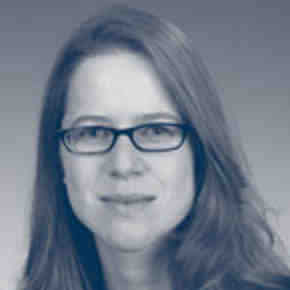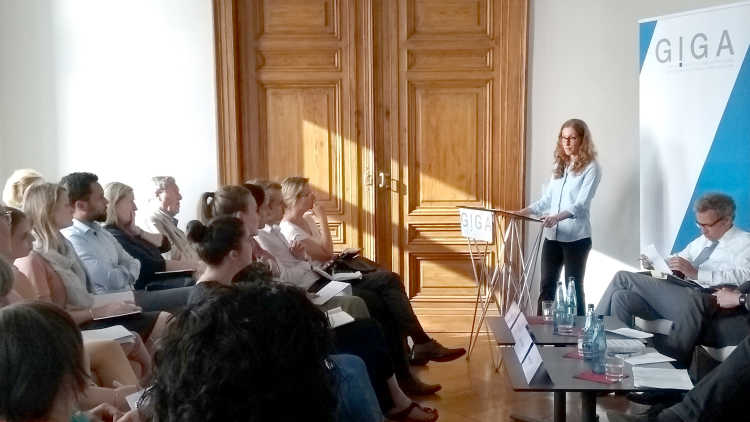- Home
- Research & Transfer
- Research Projects
- Civil Society Organizations as Supporters of Authoritarian Rule? A Cross-Regional Comparison (Vietnam, Algeria, Mozambique)
Civil Society Organizations as Supporters of Authoritarian Rule? A Cross-Regional Comparison (Vietnam, Algeria, Mozambique)
The project explores in which ways civil society organisations (CSOs) contribute to the preservation or weakening of the authoritarian state’s infrastructural and discursive power. It is based on cross-regional comparisons of CSOs in the post-socialist countries Algeria, Mozambique, and Vietnam.
DFG, 2013-2016
Team
Head
Research Questions
The basic assumption of the project is that CSOs and the state form an interdependent whole in which the two sides reciprocally influence each other. Which features CSOs develop, and which effects their various activities might have, become apparent only from a relational perspective and by analysing these relationships of dependence and influence. CSOs are thus "polyvalent" (Kössler).
Contribution to International Research
Research on authoritarian regimes and civil society lacks theoretically based and cross-regional comparisons regarding what the power of the authoritarian state is based on and how this power is preserved. The variety of roles that CSOs play in this context is also under-researched. The project’s main contribution to the international research will thus be the generation of new and complex hypotheses on the interdependency between activities by CSOs and the preservation/weakening of various forms of authoritarian state power.
Research Design and Methods
The cross-regional comparison of three most-similar cases includes all the CSOs in the capitals of Vietnam, Algeria and Mozambique, as well as those in one additional large city per country. All three post-socialist and post-colonial countries have authoritarian political regimes. Each of the three countries has experienced a phase of civil war in recent decades. The project’s basic assumption is that CSOs and the state are interrelated and interdependent. The features that CSOs develop and the effect their various activities might have become apparent only from a relational perspective and through the analysis of these mutual relations and interdependencies. These interdependencies and the polyvalency of CSOs (Kössler) are explored in two steps: First, we investigated the context in which various types of CSOs develop authoritarian and authoritarianism-supportive and democratic and democracy-conducive features – or mixtures of both – in their internal structures and activities, and in the worldviews of their representatives. We also investigated how such features are related to particular understandings of civil society. Here we applied a tested typology of CSOs and three criteria checklists. Second, we examined whether and in which ways various types of CSOs that deliver services in the health sector and CSOs that are involved in the formulation and implementation of economic policies help strengthen or weaken the infrastructural power of the state. We also examined how various types of CSOs help strengthen or weaken the discursive power of gender norms propagated by the state.
Preliminary Findings
In all three countries, the infrastructural power of the state strongly influences – at least indirectly – the internal decision-making processes, the choice of activities, and the selection of leadership personnel in and by the CSOs studied. While CSOs in Algeria and Vietnam tend to strengthen the power of the state in the area of health (combatting HIV/AIDS), CSOs in Mozambique tend the weaken the power of the state in this area by helping to improve the self-determination and autonomy of the people concerned. In all three countries, CSOs representing business people and professions have been co-opted by the state. In all three countries CSOs help to strengthen the discursive power of the state in the area of gender equality. The political role of CSOs in authoritarian regimes always reflects the interdependencies between the state and CSOs in question. In stronger states (here: Vietnam) but also in weaker states (here: Algeria) and even in fragile states (here: Mozambique) the power of the state tends to be greater and more determining that than of civil society and its organisations.








